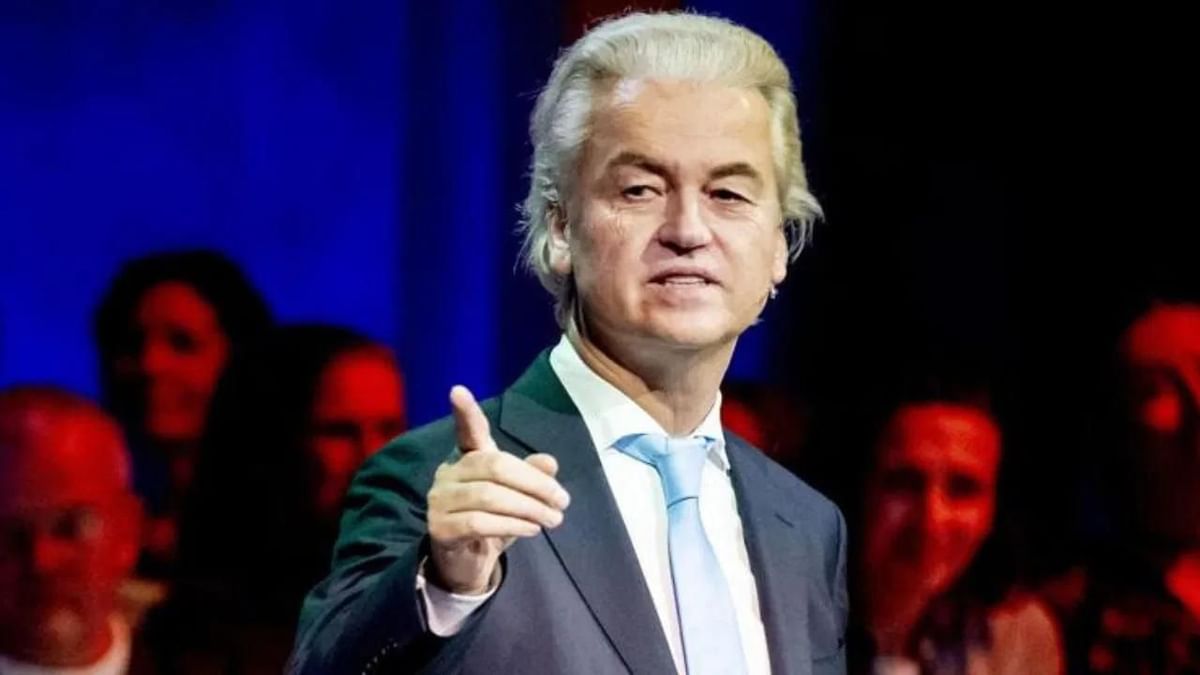[ad_1]

(Photo Credit: tv9hindi.com)
Voting for parliamentary elections took place on November 22 in the European country Netherlands. After the election results, it will be decided who will get the next command of the country after Prime Minister Mark Rutte, who has been in power for the longest time for almost 13 years. Mark resigned in July this year. In the coalition government he led, controversy arose over the question of immigration and Mark Rutte had to leave his post.
Who is winning the elections in the Netherlands?
According to early exit polls after the vote, the far-right and anti-Islam Party for Freedom (PVV) is on track to win the most seats. Geert Wilders is the leader of the Party for Freedom. If his party remains ahead in the polls, it will be considered a major electoral upset, the reverberations of which will be felt across much of Europe.
PVV is seen getting 35 seats in the exit poll. Also, the Green-Labor alliance led by Frans Timmermans is expected to win 25 seats, while the People’s Party for Freedom and Democracy (VVD) led by Dilan Yesilgoz could win 24 seats.
If the Party for Freedom and its leader Geert Wilders come out on top in the election and somehow manage to form a coalition government, experts say it will shake up European politics.
Geert Wilders: Donald Trump of the Netherlands
The right-wing leader of the Netherlands has been a member of Parliament continuously since 1998. He is the founder of the Dutch political party Party for Freedom and is known for his criticism of Islam. Although he says he hates Islam, not Muslims. Some even call him the Donald Trump of the Netherlands due to his aggressive policies and provocative statements.
What were the issues in the Dutch elections?
The elections in the Netherlands were fought on a total of three issues. First immigration, second standard of living, third climate change.
The immigration problem in the Netherlands began to gain momentum in the early 2000s. In all the elections held after this, the question of refugees remained important. This time also in the elections, one faction remained soft on the issue of asylum seekers while the other faction appeared in favor of stopping the arrival of asylum seekers and migrant workers.
As for the other basic necessities of life, unemployment in the Netherlands is below 4 percent. In such a situation, issues like lack of houses to live in, poor condition of health services should continue to echo in the elections. Apart from this, there was a lot of anger among the voters due to the growing gap between the rich and the poor.
Although the impact of climate change is not limited to any particular country, the people of the Netherlands seemed to be very conscious about the issue. They demanded that Amsterdam’s new government invest more in green infrastructure. Along with this, the subsidy of the companies that do fossil fuel business should be abolished.
[ad_2]
